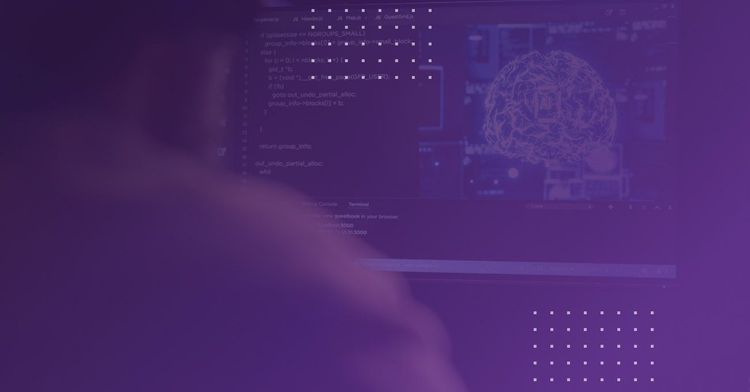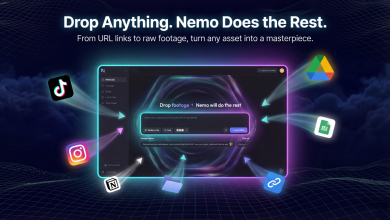
While the primary work in healthcare often takes place on the operating table or in the doctor’s office, an overlooked aspect involves what’s happening in the backend systems. That’s where artificial intelligence (AI) comes into play, serving as an enhancer to the healthcare industry. AI has the capabilities to support healthcare workers with diagnoses, as well as to improve client experiences. Increasingly, AI-powered custom software solutions can future-proof internal healthcare systems by becoming faster and more intelligent.
The Hidden Bottlenecks in Healthcare Systems
Outdated healthcare systems are built on legacy platforms that are often more trouble than they’re worth. Some of their drawbacks include:
- Cybersecurity Vulnerabilities: Legacy systems often lack modern encryption protocols, putting sensitive patient data at risk.
- Poor User Experience (UX): Difficult-to-navigate interfaces make it challenging for patients to access services, such as booking appointments. At the same time, it adds friction for staff, such as when entering patient data.
- Lack of Scalability: Outdated systems struggle to adapt to a growing patient database and larger datasets, resulting in loading issues, slow performance, and bottlenecks with future integrations.
Why AI Needs to Be in the Admin Stack
AI has made its mark as a technology that can automate repetitive tasks, freeing up time for healthcare professionals to focus on patients. While research suggests that many healthcare workers are implementing AI for diagnoses, the technology is also valuable in operational software.
- Predictive Analytics: AI can review existing and real-time data to help staff prepare for patient surges by predicting upcoming surges, such as those that occur during colder weather or allergy seasons.
- Smart Triaging: AI can quickly review large amounts of data and flag more severe appointment requests.
- Multi-Channel Communication: Improving accessibility and user satisfaction for clients by providing various communication channels, such as AI Assistants and user-friendly web forms.
- Regulatory Standards: Adapting to regulatory standards, AI-powered web software can comply with standards such as GDPR or HIPAA by utilizing machine learning to monitor and adjust to evolving regulations.
As technology helps process data and request information, it enables healthcare professionals to take action more quickly. Allowing AI to act as an assistant, rather than an overseer, enables medical professionals to help patients access the support they need sooner, while mitigating the risks of manual errors.
eCommerce-Style Tools and AI Assistants
For healthcare providers who also offer products and services, such as those in dermatology or the pharmaceutical sector, AI enhancements could benefit their eCommerce platform, including:
- Integrating AI chatbots to assist users with their checkout experience for a 24/7 response.
- Detect and prevent fraud in real-time by monitoring transactions to flag for investigation.
- Analyze past sales and existing inventory to forecast future demand.
- Personalizing product recommendations for returning customers or email subscribers.
The Case for Modernization: From Legacy Systems to Agile, AI-Ready Infrastructure
This technology is not meant to replace healthcare professionals; it frees up their time by maintaining the backend systems. A case study of a healthtech company examines how upgrading its software capabilities enabled it to continue meeting the needs of its expanding client base. The project’s scope includes:
- Developing the frontend and backend of the web platform and a mobile app for a more mobile-friendly user interface (UI).
- Creating technical documentation to support future scalability for future growth.
- Integrating ZORO CRM for seamless data management.
These enhancements helped the healthtech company improve customer responsiveness, enable faster workflows, and streamline the web experience for practitioners, all with a user-friendly and intuitive UI.
Simplifying the healthcare workflow is critical to facilitate the web process, ultimately saving time, but also enhancing the client experience, ultimately improving user satisfaction.
Future-Proofing Healthcare with Smarter Systems
Growing healthcare companies need solutions to meet the rising demands of patients. Ai presents a novel solution. By integrating within workflows and web software, AI is a cornerstone in streamlining patient registration, triaging requests, and revamping eCommerce platforms, contributing to faster and more efficient delivery of services.
AI acting as an assistant to medical professionals, rather than a replacement, will enable them to spend more time supporting patients than navigating code. By embracing modernization, AI can assist healthcare professionals to safely and securely meet their patients’ needs.




